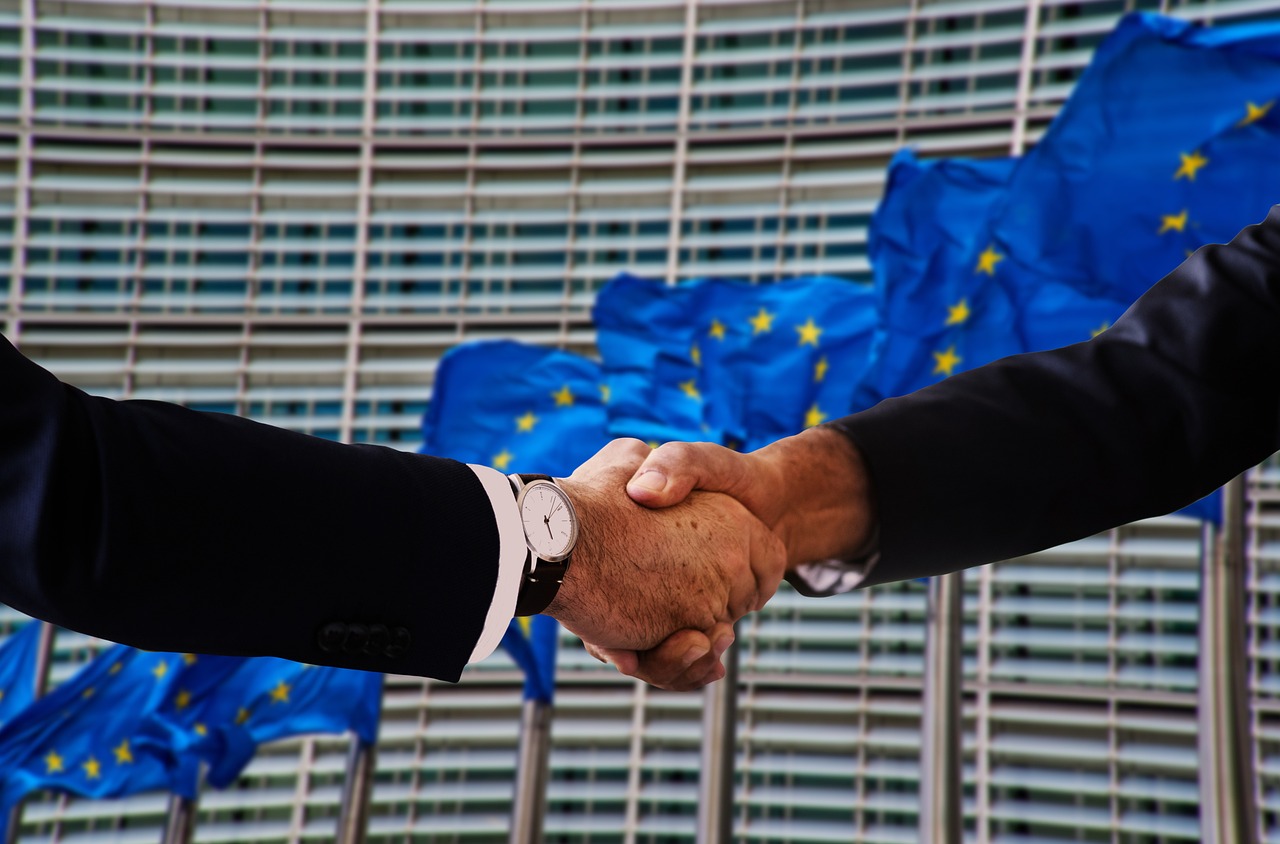Blog Archive

The Informal Turn: Soft Law Regulatory Frameworks in EU External Relations?
The use of soft law in the external dimension of EU migration law has become particularly visible recently. However, this might be a sign of a more general path to soft regulation undertaken by the EU in external affairs. Through a survey of Memoranda of Understanding from 1974 to 2019, Ilaria Ronconi and Salvo Nicolosi explain that the EU has been increasingly relying on soft law arrangements, but its use differs across various policy areas, with major risks for the constitutional fabric of EU law, especially in the area of migration.
Ilaria Ronconi is an LLM student in European Law at Utrecht University.
Salvo Nicolosi is a RENFORCE Senior Researcher and Associate Professor in European and International Law at Utrecht University Law School.

Taking Stock of the European Commission’s 2019-2024 Mandate in the Agri-food Sector: What Progress Towards Sustainability?
At the end of the European Commission 2019-2024 mandate, this post reflects on the legislative changes proposed by the European Commission to improve the sustainability of the agri-food sector. Overall, the new regulatory developments can be seen as a positive step towards sustainability in the sector, but much remains to be done as the definition of sustainability remains unclear and many areas do not appear to be on the path to sustainability, argues Clara Colonna.
Read more
Imbalance of Power in the Copyright Tug-of-War between Press Publishers and Internet Service Providers: The Example of Poland’s implementation of Digital Single Market Directive
The rise of digital platforms like Google and Facebook has transformed the media landscape, allowing them to distribute press publishers’ content while often monetising it without fair compensation. To address this, the EU introduced the Digital Single Market Directive (DSM), aiming to ensure fair use and remuneration for publishers. However, Poland’s implementation of the DSM has faced significant hurdles, revealing the challenges in establishing effective secondary rights for publishers and enforcement mechanisms, argues Malgorzata Kozak.
Read more
The Law and Practice of Global ICT Standardization: Economic Governance through Private Standards Bodies
The functioning of technologies largely relies on standards – technical specifications that ensure that devices, systems and networks “talk” to each other. Due to the rapid pace of digital development, standards are increasingly assuming regulatory, economic and societal roles. How do these standards come to being? How, if at all, can their increasing regulatory function be legitimized? And what is their role in the current legal order? In her new book, Olia Kanevskaia attempts to provide answers to these and many other legal questions arising around ICT standardization.
Read moreThe CJEU judgments in C-117/20 bpost and C-151/20 Nordzucker: Fundamental rights as a vehicle for hybrid enforcement mechanisms?
In its recent judgments in bpost and Nordzucker, the CJEU held – in essence – that to prevent a violation of the ne bis in idem guarantee in Article 50 of the Charter of Fundamental Rights of the European Union, public authorities need to cooperate and coordinate their punitive enforcement actions, also when they are active in different policy areas or in other jurisdictions. According to Michiel Luchtman, the paradoxical result seems to be that to prevent one fundamental right from being violated, it is necessary to accept (sometimes intrusive) interferences with other rights. Has the Court now entered a slippery slope, eliminating fundamental rights barriers, to promote the effective enforcement of EU law? And if so, at the expense of what?
Read more
